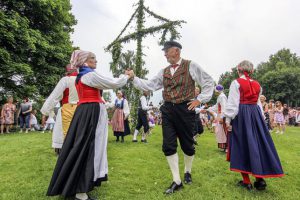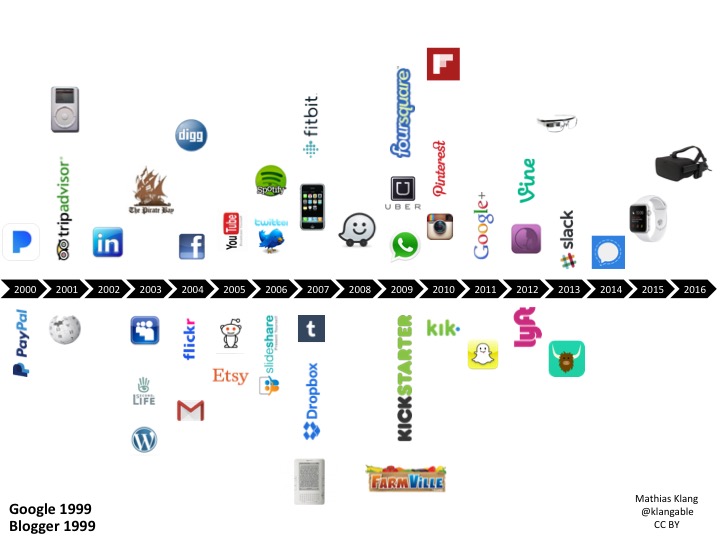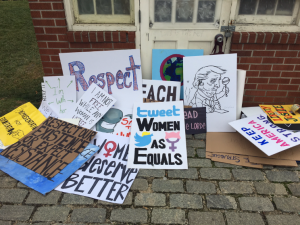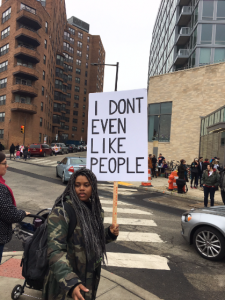One of the fun (and frustrating) things about moving between countries and cultures is discovering that things are done differently than you have come to expect. This is particularly true of language. Some of it is local dialect – every time people in Philly say water (pronounced wuder, or wooder) I cant help but smile. Some of it is spelling (the famous aluminium or aluminum discussion) and some of it is just different words for similar things; do you say car boot or trunk? And in my house the biscuit/cookie & muffin/cupcake discussions can take epic proportions.
But there is one word that fascinates me and that is Folks. Originally I heard it being used by people of color, but once I recognized it I heard it being used by activists from many communities. Usually when I hear the work folk in english – I think of folk dancing:

Swedish Folk Dancing
As I am not big on folk dancing it doesn’t play an important part in my life. But a more possible reason the term seems unusual is that it is reasonably common in Swedish (same spelling). It refers to people but it also refers to race and, in part, to nation. This is understandable as its etymology is, according to the Online Etymology Dictionary
Old English folc “common people, laity; men; people, nation, tribe; multitude; troop, army,” from Proto-Germanic *folkam (source also of Old Saxon folc, Old Frisian folk, Middle Dutch volc, Dutch volk, Old High German folc, German Volk “people”). Perhaps originally “host of warriors:” Compare Old Norse folk “people,” also “army, detachment;”
Its germanic roots and use in modern german is what makes it a bit jarring. The term Volk has strong connections for me with the Nazi race ideology where the focus on volk was key – and its definition included elements of race, geography, and culture. The idea of volk was used heavily in their propaganda. They spoke of herrenvolk = master race; and volksgemeinschaft = racial community. And so much more.
Naturally, the american use for the term doesn’t come from these roots, and as far as I can tell american nazis seem to favor race over volk/folk. The american use, as far as I can tell, is more connected with family, relatives, relations, and kinfolk (where are your folks from?) and is a word more used in casual conversation (think of sportscasters addressing the crowd -other terms would be too formal). Naturally it is also strongly connected to the rural world where folk music, folk art, and folk medicine stand in contrast with the urban experience.
Aside from its folksy roots and its casual usage, the word folk (with its vaguely unnecessary plural: folks) is being used among activists in settings that are not intended to be folksy or particularly causal. Here is a quote by Heather Cronk of Showing Up for Racial Justice from the transcript from Bitch Media’s episode A Guide to Trump Resistance
Not all white folks are experiencing this election in the same way. So I identify as queer. I come out of LGBTQ organizing. And for a lot of queer folks, especially a lot of trans folks, even if you’re white, especially if you’re queer and trans and poor, you’re experiencing this election and experiencing having these kinds of conversations with friends and family in different ways. So I would never say to folks you have to have this conversation. For a lot of folks, that isn’t safe for a whole lot of different reasons.
Here folk is a group that shares a common interest that may be defined by race/color, but could also be defined by gender/sexuality.
Its difficult to say that the word is being re-appropriated since the germanic volk seems not to have been a strong connotation in American English. But it does seem like the word is evolving to become a central term in activist circles which does make it a marker of resistance to traditional norms of white, cis gender power.











